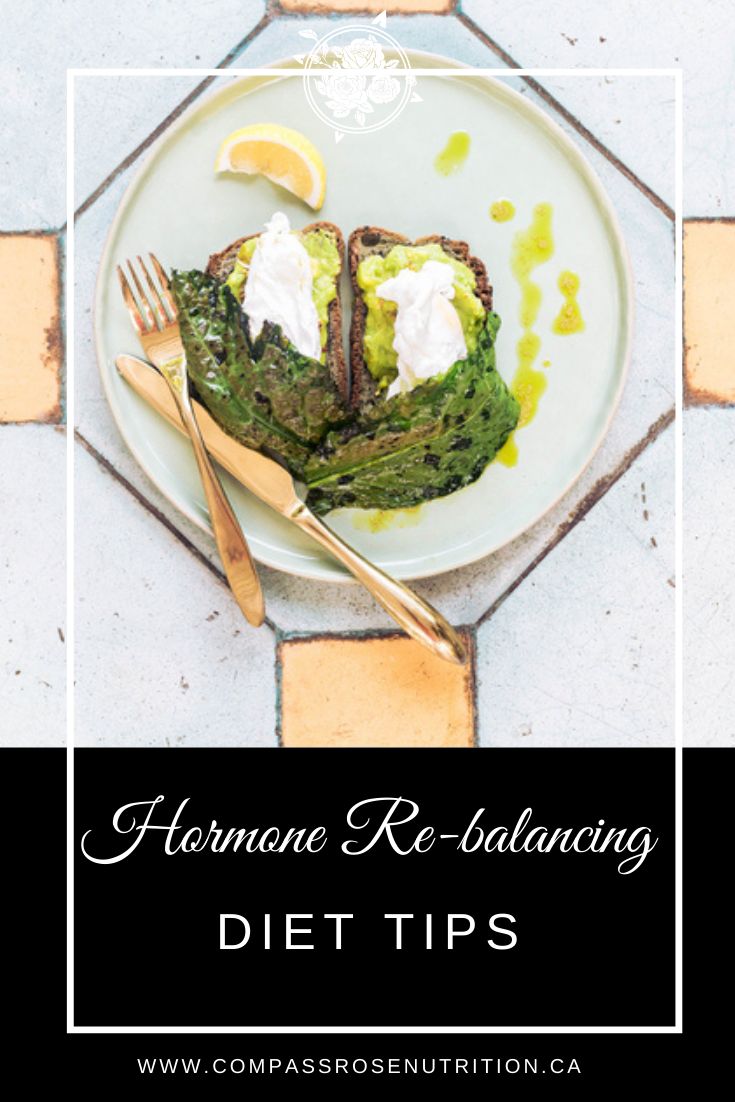We all lead stressful and busy lives - that’s an unfortunate but undeniable fact these days. Factor in a less than healthy diet or a lack of adequate nutrition, it’s no wonder that there are so many people that suffer from disorders of the metabolic and endocrine systems.
Your hormones - the body’s chemical messengers - are responsible for every small aspect of your physical, mental and emotional health, and you need them in very specific amounts for your body to function efficiently.
When your hormones aren’t working the way they where intended too, then your body starts to show the signs. Hormonal imbalances may increase your risk of diabetes, heart disease, chronic inflammation, and a multitude of other health problems.
“The healthy, hormonally balanced body continually manufactures all the hormones it needs to keep everything functioning.
It becomes unbalanced when subjected to inadequate supplies of nutrients, inordinate stress and toxic influences. Balance is the most central aspect in a woman’s health.”
Everything is connected in the endocrine system so hormones always affect each other. This means if your body is producing high levels of certain hormones like cortisol (the hormone of stress), then levels of other hormones will likely change in response - estrogen, progesterone, testosterone and thyroid hormones , can all be affected.
Signs of common hormonal imbalances
When your body produces too much or too little of one or more hormones, the following signs and symptoms may start to appear:
• Sleep issues and insomnia
• Memory or brain fog
• Fatigued or have consistently low energy
• Digestive issues
• Mood swings, irritable, anxious or depressed
• Gaining weight or weight loss resistant
• Night sweats and hot flashes
• Food cravings and constant hunger
• Skin and hair changes
Why your nutrition matters when it comes to hormones, especially when they’re unbalanced!
The building blocks that your body needs to produce hormones, not to mention properly fuel your body, comes from the food that you eat. What does that mean? Many hormones used for reproduction (sex hormones) are derived from cholesterol - yes, cholesterol! Which comes from foods like whole-fat dairy, eggs, butter, and meat. While these may all be animal products - quality does matter.
If you’re experiencing chronic stress or your diet doesn’t supply enough “raw materials” to make all of the necessary hormones, your body will prioritize stress hormone production (particularly Cortisol) because these hormones are essential for survival, whereas sex hormones aren’t considered necessary to sustain life.
Eating nutritious foods, exercising daily, and engaging in an otherwise healthy lifestyle can go a long way toward supporting and improving your hormonal health.
Seven tips you should adopt for better hormone balance:
Eat enough high-quality protein - with every meal
Reduce inflammatory foods, including sugar & refined carbs, sugary drinks, gluten, hydrogenated oils & trans fats
Consume healthy fats, including fatty fish, whole eggs, olive oil, coconut oil & avocados
Eat a high fiber with natural plant fibers but consume whole grains in moderation
Consume probiotic foods such as fermented yogurt, kefir & sauerkraut as well as prebiotic foods like bananas, artichokes & chicory root
Drink adequate water and limit alcohol & caffeine
Supplement with Vitamin D, especially in the darker winter months
Everyone is different, and what works for some people does not work for everyone. Just start with the basics of eating for hormonal support and balance to see if you feel any positive changes.
A great way to keep track of how you feel and how food is affecting you is with a Food Journal. You can download my Food, Mood and Health Journal for FREE!
It’s also important to have your hormone levels checked out with a qualified Health Practitioner before you make any radical changes to your diet or lifestyle.
Related Reading:
The Link Between Hormones and Belly Fat
How to Naturally Lower Cortisol (The Stress Hormone)
Tired All the Time? 5 Things That Sabotage Your Energy



